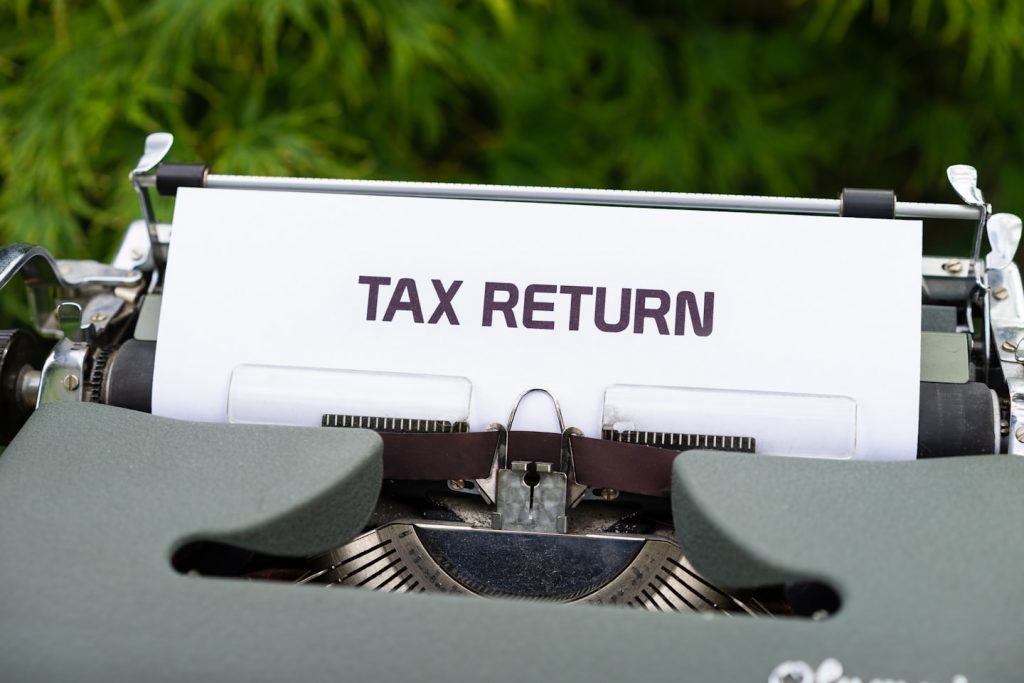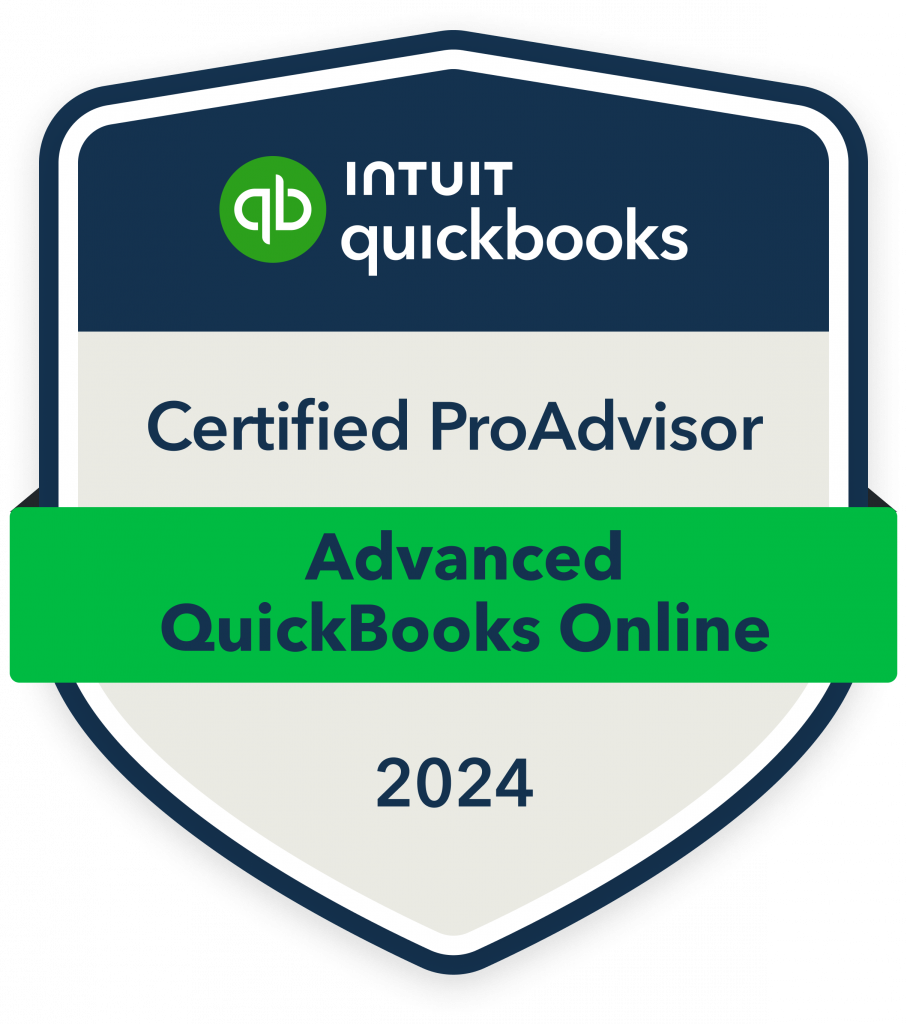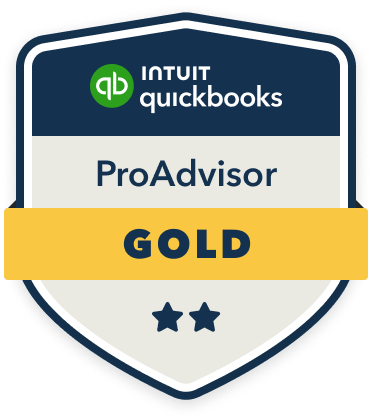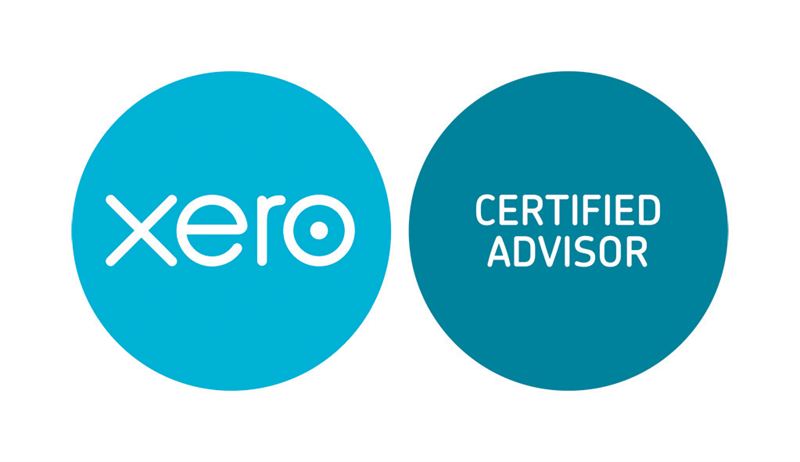
Why VAT Registration is Important for Businesses
In the UK, businesses must register for VAT (Value Added Tax) if they meet certain criteria. Whether you’re just starting out or running an established business, understanding VAT registration is crucial for compliance and ensuring that your business operates smoothly. In this blog, we’ll discuss why VAT registration is important, the criteria for registration, and the benefits of being VAT registered.
What is VAT Registration?
VAT is a tax added to most goods and services sold in the UK. When you register for VAT, your business becomes legally obligated to charge VAT on your taxable sales. You can also reclaim the VAT you’ve paid on your business purchases, which helps to reduce your overall tax liability.
VAT registration means that your business will be assigned a VAT number, and you must follow specific rules regarding how VAT is charged, reported, and paid to HM Revenue & Customs (HMRC).
When Do You Need to Register for VAT?
In the UK, businesses must register for VAT if their taxable turnover exceeds £85,000 in a 12-month period. This threshold is reviewed annually by HMRC and can change. However, if your turnover is below this amount, you can still choose to register voluntarily.
You may also need to register if you:
– Sell taxable goods and services: If you’re offering products or services that are subject to VAT, registration is necessary.
– Plan to exceed the threshold: If your turnover is close to the £85,000 threshold, it may be wise to voluntarily register for VAT before reaching the limit.
– Provide services to VAT-registered businesses: If your customers are mainly VAT-registered businesses, being VAT-registered allows you to reclaim the VAT you pay on your own business expenses.
Benefits of VAT Registration
1. Reclaim VAT on Purchases
One of the primary benefits of VAT registration is the ability to reclaim VAT on the goods and services you purchase for your business. This includes raw materials, business equipment, office supplies, and even certain business-related travel expenses. If you’re VAT registered, the VAT you pay to suppliers can be offset against the VAT you collect from customers, reducing your overall tax burden.
For example, if you buy a computer for £1,000 plus £200 VAT, as a VAT-registered business, you can reclaim that £200 VAT from HMRC.
2. Increase Your Credibility
Being VAT-registered can enhance your business credibility with clients, customers, and suppliers. Many larger businesses or businesses that are also VAT registered prefer to work with VAT-registered businesses because they know they can reclaim the VAT. Additionally, it signals that your business is growing and compliant with tax laws.
3. Maintain a Competitive Edge
If you’re trading with other VAT-registered businesses, being VAT registered allows you to compete on equal terms. If you’re not VAT registered, you may have to increase your prices to absorb the VAT, making your business less competitive. Conversely, being VAT registered means your customers can reclaim VAT on their purchases from you, which could be an attractive feature for them.
4. Stay Compliant with Tax Laws
By registering for VAT, you ensure that your business remains compliant with UK tax laws. This is especially important when dealing with larger clients, who may require proof that your business is VAT-registered. If your business grows, you must stay within VAT guidelines to avoid potential fines or legal issues with HMRC.
5. Benefit from Flat Rate Scheme (if eligible)
If you qualify for the **VAT Flat Rate Scheme**, you can simplify your VAT reporting. This scheme allows you to pay a fixed percentage of your turnover as VAT, rather than calculating the VAT on individual sales and purchases. This is particularly beneficial for small businesses and freelancers with lower overheads.
The VAT Registration Process
If your business meets the criteria for VAT registration, you must complete the VAT registration process with HMRC. This can be done online, and you’ll need the following details:
– Your business details, such as the name, address, and legal structure.
– Estimated turnover and details about your business activities.
– Your bank account information.
Once registered, you’ll be provided with a VAT number and will need to start charging VAT on your sales, keeping accurate records, and submitting VAT returns. Typically, VAT returns are due quarterly or annually, depending on your specific circumstances.
Conclusion
VAT registration is an essential step for UK businesses that meet the turnover threshold or want to gain the benefits of reclaiming VAT on business expenses. While it adds some administrative responsibilities, the benefits—such as the ability to reclaim VAT on purchases, increase credibility, and stay compliant with tax laws—often outweigh the challenges.
If you’re approaching the VAT threshold or are unsure about whether VAT registration is right for your business, it’s a good idea to consult with a professional accountant like Webstones Tax. They can help you navigate the registration process, advise on your VAT obligations, and ensure you stay compliant with HMRC requirements.
—
If you need assistance with VAT registration or have any questions about VAT for your business, feel free to reach out to our team for expert advice and support.




